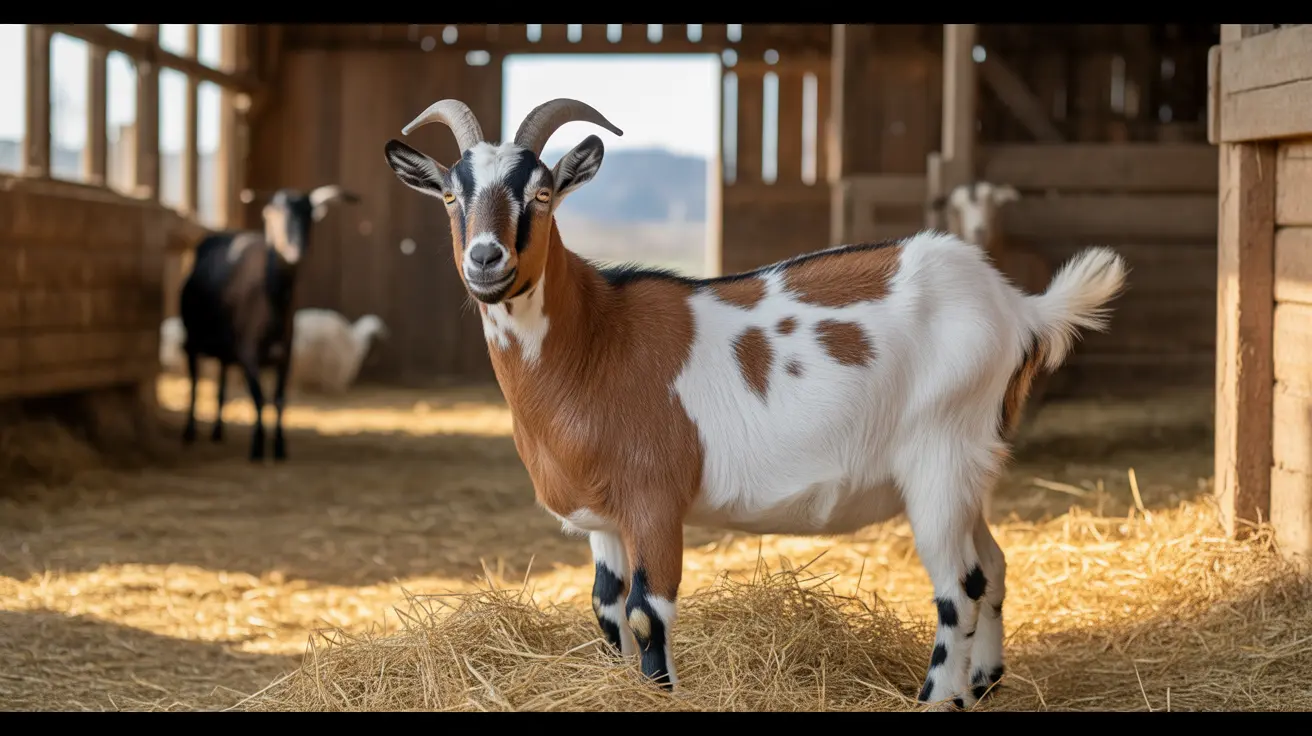For many dog lovers, choosing a furry friend who'll be part of the family for many years is a top priority. Understanding which dog breeds typically live the longest can help make this important decision. While individual care and genetics play crucial roles, certain breeds consistently show impressive longevity, with some dogs living well into their late teens or even early twenties.
In this comprehensive guide, we'll explore the dog breeds known for their exceptional lifespan, examine the factors that contribute to canine longevity, and provide expert insights on helping your dog live a longer, healthier life.
Small Breeds Lead the Pack in Longevity
When it comes to longevity, smaller breeds generally have a significant advantage. The Chihuahua stands out as one of the longest-living dog breeds, with an impressive life expectancy of 14-16 years, and some individuals living up to 20 years. Other notable small breeds with exceptional lifespans include:
- Lancashire Heeler (15.4 years average)
- Tibetan Spaniel (15.2 years average)
- Chinese Crested (13-18 years)
- Yorkshire Terrier (11-15 years)
Understanding Why Some Dogs Live Longer
The Size Factor
Research consistently shows that smaller dogs tend to live longer than larger breeds. This phenomenon is linked to their slower growth rate and lower stress on vital organs. Large breeds like Great Danes or Newfoundlands typically live 7-10 years, while tiny breeds can live twice as long.
Genetic Influences
Breeding practices significantly impact longevity. Dogs from health-focused breeding programs with diverse genetic pools often live longer than those from restricted breeding lines. Mixed-breed dogs, particularly smaller ones, frequently outlive purebreds due to their broader genetic diversity.
Keys to Maximizing Your Dog's Lifespan
Healthcare and Nutrition
Regular veterinary check-ups, proper dental care, and maintaining a healthy weight are crucial for longevity. Studies show that dental care alone can reduce mortality risk by nearly 20%. A balanced diet appropriate for your dog's size, age, and activity level is essential.
Lifestyle Considerations
Exercise, mental stimulation, and stress management play vital roles in extending your dog's life. Regular physical activity helps maintain a healthy weight, while mental enrichment keeps their mind sharp and reduces stress-related health issues.
Record-Breaking Canine Longevity
While most dogs live between 10-13 years, some exceptional cases have far exceeded these averages. The documented record holder for longest-living dog was Bluey, an Australian Cattle Dog who lived to 29 years and 5 months – an extraordinary achievement that demonstrates the potential for exceptional longevity in well-cared-for dogs.
Frequently Asked Questions
What dog breed lives the longest and how can I ensure it reaches its full lifespan potential?
The Chihuahua typically lives the longest, with a lifespan of 14-16 years or more. To maximize lifespan, provide regular veterinary care, maintain proper weight, ensure good dental hygiene, and offer regular exercise and mental stimulation.
Are small dog breeds generally healthier and longer-lived than larger breeds, and why?
Yes, small dog breeds typically live longer than larger breeds due to slower aging processes and less stress on their organs. Their smaller size means less wear and tear on their bodies over time.
How can I choose a dog breed that is likely to live a long and healthy life based on genetics and breeding practices?
Look for breeds with documented longevity, select from responsible breeders who prioritize health testing, and consider small to medium-sized breeds. Mixed-breed dogs often benefit from hybrid vigor and may live longer than purebreds.
What role does diet and regular veterinary care play in extending the lifespan of small dog breeds?
Regular veterinary care and proper nutrition are crucial for longevity. Regular check-ups can catch health issues early, while appropriate nutrition helps maintain healthy weight and prevents obesity-related complications.
Do mixed-breed dogs tend to live longer than purebred dogs, and why might this be the case?
Mixed-breed dogs often live longer due to greater genetic diversity, which can reduce the risk of inherited health problems common in purebred lines. This genetic advantage, called hybrid vigor, can contribute to better overall health and longevity.
Conclusion
While breed selection plays a significant role in potential longevity, responsible ownership, proper healthcare, and attention to your dog's physical and mental well-being are equally important factors in ensuring a long, healthy life. By choosing a breed known for longevity and providing excellent care, you can maximize the years of companionship with your beloved pet.






